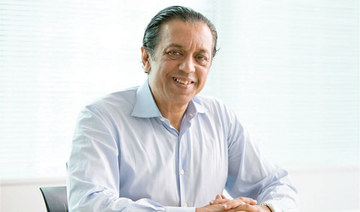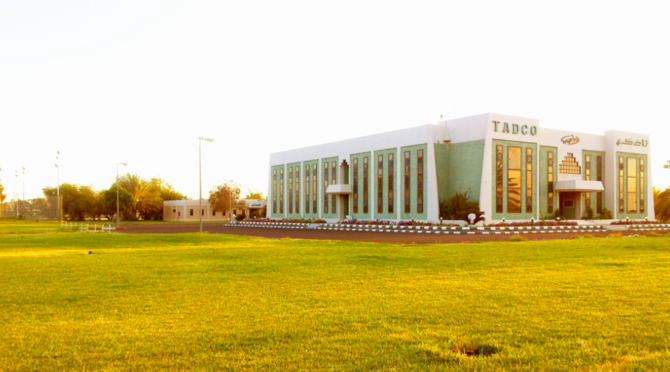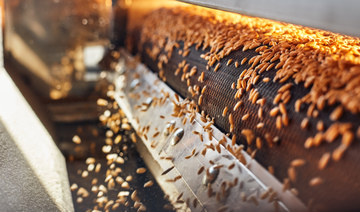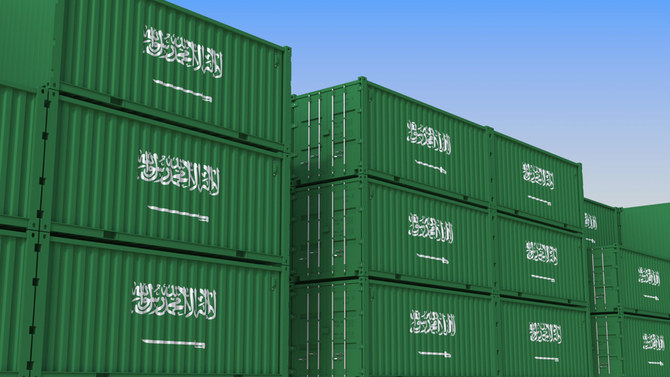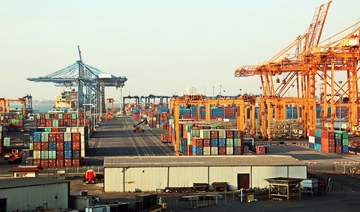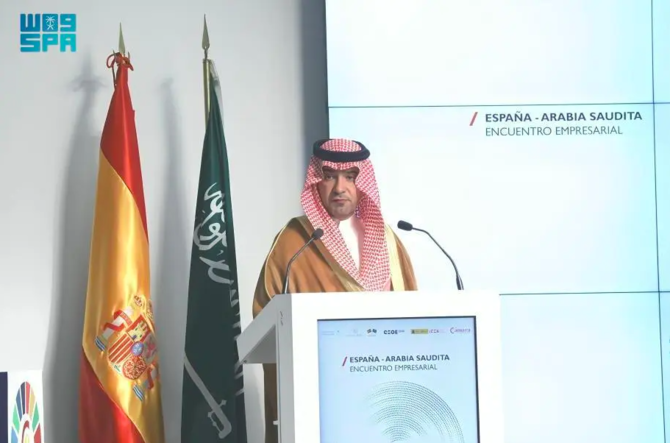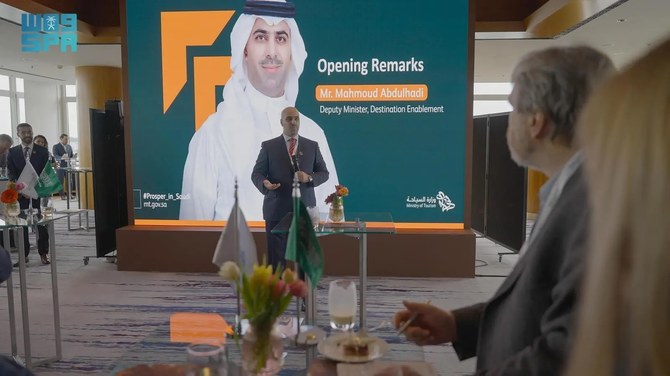It is a long way from the lodging houses of northeast India to the opulence of the Ritz-Carlton in Riyadh, but Ritesh Agarwal has traveled that journey with panache.
The 25-year-old founder and CEO of Oyo Rooms, the fastest-growing hotels chain in the world, was in the splendor of the extravagant Riyadh hotel last week for the Future Investment Initiative (FII), and took time out from panels, presentations and bilaterals to talk to Arab News about his $10 billion business — and how it sees Saudi Arabia as a crucial part of his future growth strategy.
Agarwal’s story is one to inspire any youthful would-be entrepreneur. From selling SIM cards on the streets of Titlagarh in the Indian state of Odisha, he went to the capital New Delhi for college, “like any high school kid,” he said.
But he struggled with his studies and dropped out, which was the best thing he could have done. Being out of higher education made him eligible for a fellowship from the Peter Thiel Foundation, a charitable fund set up by the US investor to encourage young disrupters to focus on startups and innovative ideas.
Being a Thiel fellow brought with it a $100,000 grant over two years, and Agarwal’s teenage life was transformed. “I had gone from a small town in the eastern corner of India to San Francisco, and I was very lucky to get that,” he said.
Traveling around India, he saw that there was a distinct lack of quality accommodation in the market, and that most of it was small in size and scale of ambition. He extrapolated to the rest of the world.
“In London, think of Paddington and Bayswater (two popular areas in the west of the city). There are lots of small, unbranded buildings. They are good buildings, but if you go inside they are not good at all. They are out there, but nobody is working to fix them.
“So Oyo came in and said that we want the small neighborhood hotel to survive. In fact, we want it to be the hero of the neighborhood, and make it into the chic hotel of the neighborhood. We want to fix Fawlty Towers,” he said, in a jokey reference to the classic British comedy about a dysfunctional UK hotel.
But Oyo does more than just apply a lick of paint. “We are the first company anywhere in the hospitality sector to introduce technology-based solutions to the suppliers side to help them manage operations.
“We use innovative technology to facilitate standardization of services, amenities and in-room experience, thereby helping maintain service standards,” said Agarwal, reeling off a list of “tech solutions,” including artificial intelligence and “natural language processing” that determine everything from the booking process down to the air-conditioning controls.
But he is keen to emphasize that Oyo is not a hotel aggregator, an online travel agency or a certification company. “Oyo is not a market place. Oyo is a fully fledged hotel chain that leases and franchises assets,” he explained.
“We go in, invest the capital to make the hotel beautiful, put in dynamic pricing via new-age revenue management systems and better service, and can expect a threefold jump in occupancy. We have this worldwide,” he said.
Oyo manages more than 1 million rooms in 80 countries around the world. The Chinese market is the biggest, followed closely by India, with 20 percent each in Western markets in Europe and the US, and the same in Southeast Asia and the Middle East. “Every day, we have half-a-million heads on our pillows,” Agarwal said.
He is at pains to point out that Oyo does not own any of the 43,000 hotels it manages around the world, and has a direct interest only in three properties via parthership funds. “Our business is 100 percent management franchising,” he said. There is no financial exposure via real estate ownership, though there is a significant capital investment program in the properties it takes under its brand.
“The returns are so good you can plan well in terms of how much capital you need to invest and how you finance that through third-party banks or any of those kind of resources. The banks have seen the return they can get over the past few years and now they are interested in getting exposure to that kind of asset,” he added.
Saudi Arabia is a relatively recent market, but will become increasingly important market.
BIO
BORN - Bissam Cuttack, Odisha, India, 1993
EDUCATION - St. John’s Senior Secondary School
CAREER - Founder and CEO, Oyo Rooms
“We came to Saudi Arabia only about 10 months back, but it is a very special market for us. At the moment, we have 9,000 rooms in 14 cities, with Riyadh the biggest. We have gone to 600,000 customers in the first 10 months, and are aiming to get to 2 million next year,” he said, pointing to what he sees as a lack of good-value accommodation in the capital in particular.
Agarwal believes that the Kingdom is on the cusp of a hotel boom for three reasons. The first is that domestic tourism is set to take off with the liberalization of the entertainment and leisure sectors under the Vision 2030 strategy. “Saudi people are going to want to spend money on experiences in their home country,” he said.
The second boom factor is the planned growth in religious tourism, with a target of 30 million pilgrims to Makkah and Madinah by 2030. He has big plans to expand Oyo into the two holy cities. “It is a great opportunity to serve them by giving them better-quality products, and we will work with the Saudi Hajj and tourism ministries on this,” he added.
The third growth area is the expected increase in international visitors to attractions such as the Red Sea development NEOM and Al-Qiddiya. Agarwal sees the new online visitor visa as a game-changer in the Saudi tourism sector. “The Kingdom is a very exciting, magical opportunity,” he said.
Saudi Arabia is gearing up to stage the G20 gathering of state leaders in just over a year and Oyo is also looking to that as a way of boosting business. “We’ll help make sure that people coming to G20 face no problems,” he said.
Oyo’s focus is on the middle to upper end of the tourism market, but it does offer some top-end luxury facilities — beach villas and lifestyle vacation properties — in India and some other parts of the world, which could fit in with the Kingdom’s luxury visitor offering in certain segments of the market. “We want to serve the people and give them good value, but the people are upwardly mobile, too,” he said.
Agarwal sees further opportunities in food and beverage services from his hotels, and some in China and India already offer delivery services via platforms like Talabat from their kitchens. Alcohol plays only a small part in his business worldwide. “We are committed to respecting the local culture,” he said.
The other reason he was at the FII, and why he is closely interested in Saudi Arabia, is that the Kingdom is a big investor — around 40 percent — in Oyo, both via the Public Investment Fund (PIF), the growing Saudi sovereign wealth fund, and the Vision Fund in which PIF is a major investor. Both got into Oyo at an earlier funding round when it was much smaller, Agarwal said.
According to publicly available sources, Oyo is valued at $10 billion via various investment rounds over recent years, and has big names as is backers: US venture capital firms Sequoia and Lightspeed; the accommodation rentals business Airbnb; and Chinese ride-hailing firm Didi, which is also backed by the Vision Fund and the Japanese entrepreneur Masayoshi Son.
“We have almost $2 billion on the balance sheet and no need of additional capital as we speak,” Agarwal said, ruling out any immediate plans for an initial public offering.
“Our focus is to put our head down and execute. Nearly $2 billion is absolutely enough to build the business. There is no big transaction on the horizon,” he said.
Agarwal was especially proud that at the FII the Indian Prime Minister Narendra Modi was one of the highest-profile attendees, and he added: “Every year the FII benchmark is lifted a few notches and, in general, we believe it has had a great impact in terms of how Saudi investment is being seen across the world.”




